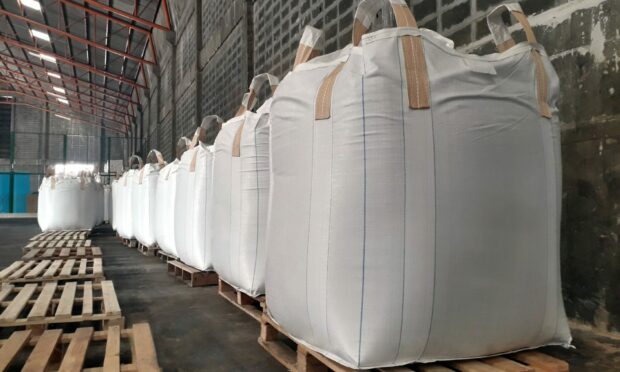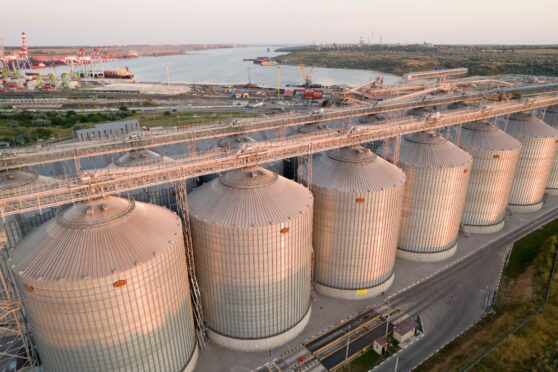World food prices leapt in March to reach the highest ever level recorded in the United Nations Food and Agriculture Organisation (FAO) index.
The rise from February to March was 12.6% and, not surprisingly, the main driver was the fallout from events in Ukraine.
Price rises were greatest for vegetable oils, wheat and maize. The index is now a third higher than it was in March 2021, with nothing in play to stem rising costs and prices.
The wheat price index rose by 19% from February to March and the vegetable oils index rose by 23%.
Before the conflict, Russia and Ukraine accounted for a third of global grain exports.
The meat price index rise in March was 4.8% to a record high and while the dairy increase was a more modest 2.6%, it is still 25% ahead of March 2021.
FAO estimates that global grain production will only rise by 1% this year because at least 20% of the Ukrainian winter crop will not be harvested.
Meanwhile, the Irish Farmers Association (IFA) has urged the European Commission to focus on the issue of fertiliser costs and supplies as well as food security.
It has warned that the rise in fertiliser prices is far from over and that the action on food security to date has failed to address the market imbalance.
It says the invasion of Ukraine then turned what was a problem into a crisis, with the EU dependent on Russia, Ukraine and Belarus for 43% of its fertiliser requirements.
This means the issue is now not only about higher costs, linked to gas prices, but availability at any price. The IFA says the rise in prices since January 2021 is now 370%, with the worst yet to come as demand picks up again in May, and insists that in the short-term financial support to farmers and the fertiliser industry is needed to contain costs, while in the longer term the Commission must address the industry’s structural imbalance.
The French agriculture minister has used his position as farm council president to call for a root and branch review of all aspects of EU food security.
Julien Denormandie wants the EU to set targets for production of food and for key inputs to reduce the vulnerability from depending on imports.

